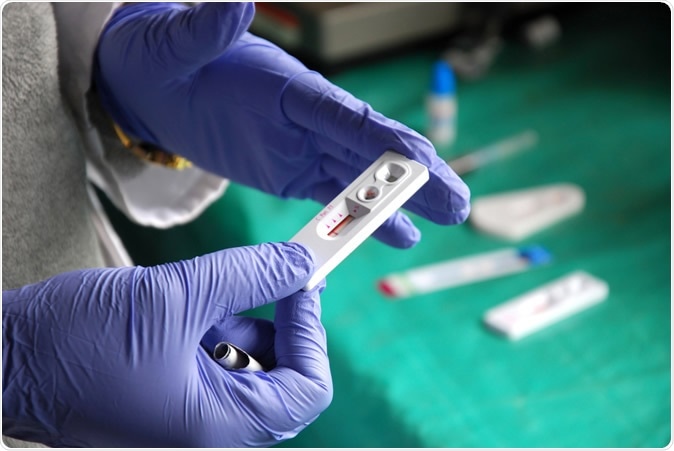The report warns that the government has cut down on the financial resources earlier allocated for sexual transmitted infections and there needs to be an immediate reversal of these policies. More funds would be needed to curb this menace the report states.
The team wrote that there has been a 249 percent and 165 percent rise in the number of cases of gonorrhoea and syphilis over the last decade in England. They also noted that 75 percent of gonorrhoea cases and 50 percent of the syphilis cases were seen in gay men. The authors of the report point out that every 70 seconds a new case of STI is diagnosed in England and nearly half of these cases are below the age of 25 years.
Since 2014, the government has reduced the spending on sexual health by one quarter, wrote the team of experts. At present the funding and resource constraints have led to severe crunch in the services provided for detection and treatment of STIs. Further there is a rising risk of resistant strains of microbes causing STIs that are resistant to the commonly used antibiotics. This has raised the cost of treatment and the funds shortage is further fuelling treatment difficulties, they explained.

HIV test. Image Credit: Franco Volpato / Shutterstock
The report says that there have been a total of 447,694 new diagnoses of STIs in England in 2018 and despite the decline in the numbers of genital warts and HIV infections, there still remains a high number of cases of chlamydia and herpes as well as syphilis and gonorrhoea. There are also cases of rare STIs such as “mycoplasma genitalium (Mgen), shigella and trichomonaisis,” wrote the researchers. The highest number of STIs was seen among Black Caribbean and Black non-Caribbean/non-African populations, the team wrote.
The report states that at present, steps need to be taken to develop a sexual healthy strategy for the country that can tackle the challenges faced by the nation in this regard. The report calls for more funding and also consolidation of resources to make the efforts more focussed on prevention of STIs as well as their early detection and complete and effective treatment.
According to a statement from Dr John McSorley, President of the British Association for Sexual Health and HIV, “Years of Government funding cuts and disruption caused by fragmented commissioning structures have placed incredible pressures on sexual health services in this country. At a time when we are seeing significantly increased demand from the public and record levels of sexual infection, including the spread of difficult to treat antibiotic-resistant strains of disease, the decision to disinvest in this vital public health area is nonsensical.”
He added, “As this report highlights, building a clear and positive new vision for the sector and its workforce is critical. To realise this ambition, the Government must now provide the leadership to ensure that a new national strategy is developed and implemented as soon as is possible. This strategy needs to set out how all parts of the system should work together to commission and deliver sexual health services in a joined-up way, and must also be accompanied by a fair and robust funding settlement to support long-term planning.” “Failure to do so is not an option,” he signed off.
Jonathan McShane, Chair of Terrence Higgins Trust, in his statement said, “This report shows that the nation’s sexual health is not in good shape and this must be a wake up call to the Government to take action. Local government has played a key role in improving sexual health but has been held back by a combination of severe cuts to their public health budgets and the lack of a clear national strategy. This has resulted in the rates of some STIs spiralling and services struggling to cope with demand. It’s clear to see that sexual health has been neglected for too long and has not been a priority for successive governments.”
He added, “The impact of this is being felt most by groups already facing discrimination and stigma who are shouldering the heaviest burden of new STIs. Yet very little has been done to tackle these widening health inequalities. We urgently need comprehensive action that can help to halt the rising tide of STIs. There needs to be a long-term approach to improving sexual health. An ambitious strategy, matched with proper funding, is the only way we can support people to have healthy and fulfilling sex lives. The Government must roll up its sleeves and get to work because the current state of the nation is simply not good enough.”
In response to the report, a Department of Health and Social Care spokesperson said, “More people than ever are now able to access sexual health services and we strongly urge people to take advantage of this free, local service if they consider themselves to be at risk. Our new sexual and reproductive health strategy will be published this year.”